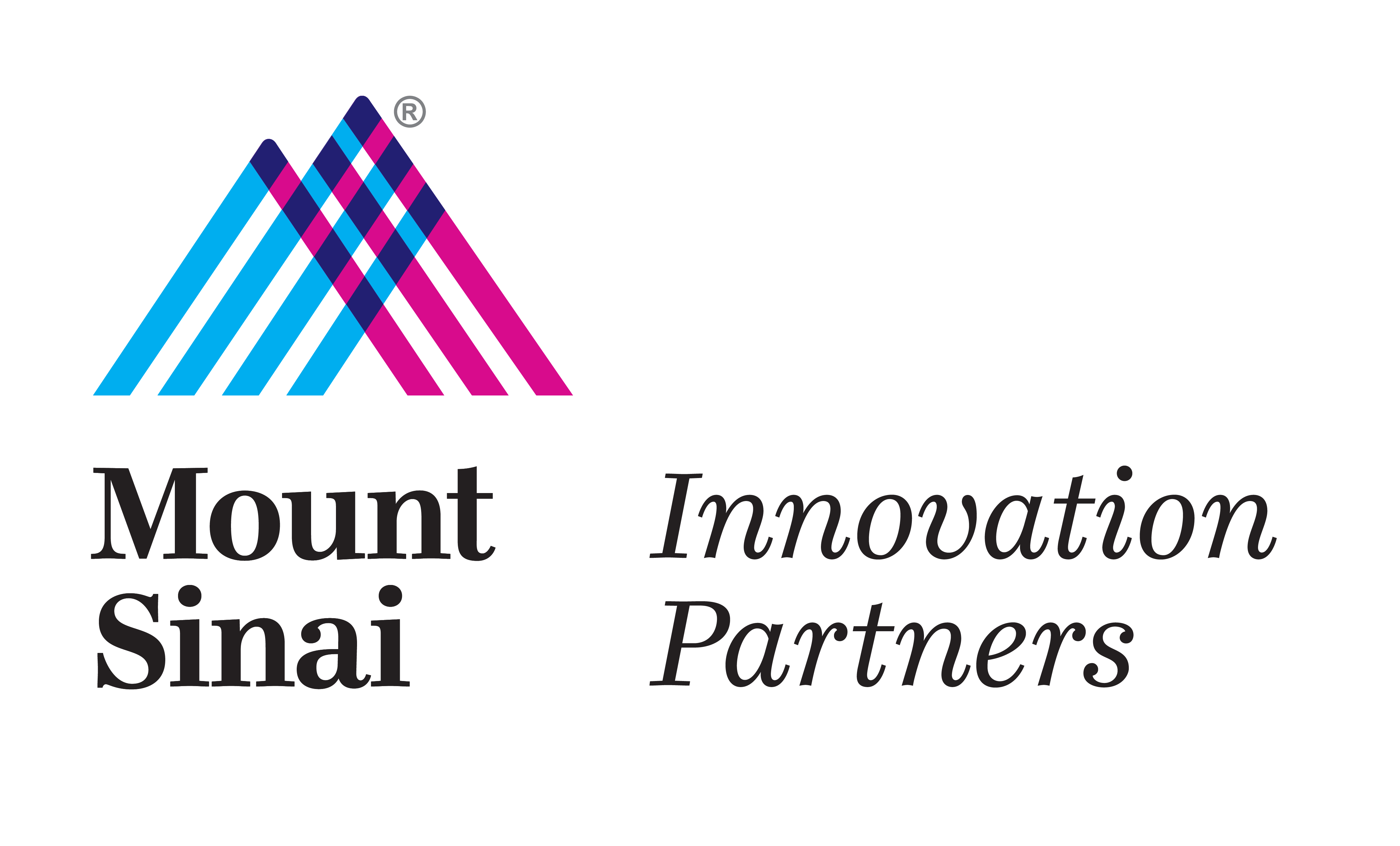HARNESSING THE IMMUNOSUPPRESSIVE CHARACTERISTICS OF MYELOID DERIVED SUPPRESSOR CELLS (MDSC) TO TREAT OR PREVENT AUTOIMMUNE DISEASES AND GRAFT-VERSUS-HOST DISEASE (GVHD)
May 02, 2014Emerging evidence suggests that MDSCs have great potential as an immune intervention modality in both transplantation and autoimmune disease settings. Mount Sinai investigators demonstrated their utility in both GVHD and Type 1 Diabetes. Coupled with a suite of other pending patent applications including a protocol for expansion and differentiation of MDSCs and MDSCs loaded with nanoparticles, this technology is positioned for partnering with a commercial group capable of developing MDSCs as a platform for therapy.
Current Development Status
- Capability to load MDSC’s with autoantigens for autoimmune diseases including T1D
- Adoptive transfer of MDSC is able to induce (1) tolerance to autoimmune T cells against islet antigen and islet allograft, and (2) prevent graft versus host disease in bone marrow-transplanted mice
Applications
- Autoimmune diseases
- GVHD
Advantages
- Strong, naturally occurring immunosuppressive cells for cellular therapy
Publications
- Yin, B, Myeloid-derived suppressor cells prevent type I diabetes in murine models, Journal of Immunology, 2010, 185, 5828-34
Patent Status
- International Application PCT/US2007/60210 filed January 8, 2007
- Status: Published. International Publication No. WO 2007/082177 A2
Contact Information
Jeanne Farrell, PhD
Business Development Director
Mount Sinai Innovation Partners | Icahn School of Medicine at Mount Sinai
Phone: 646.605.7314

